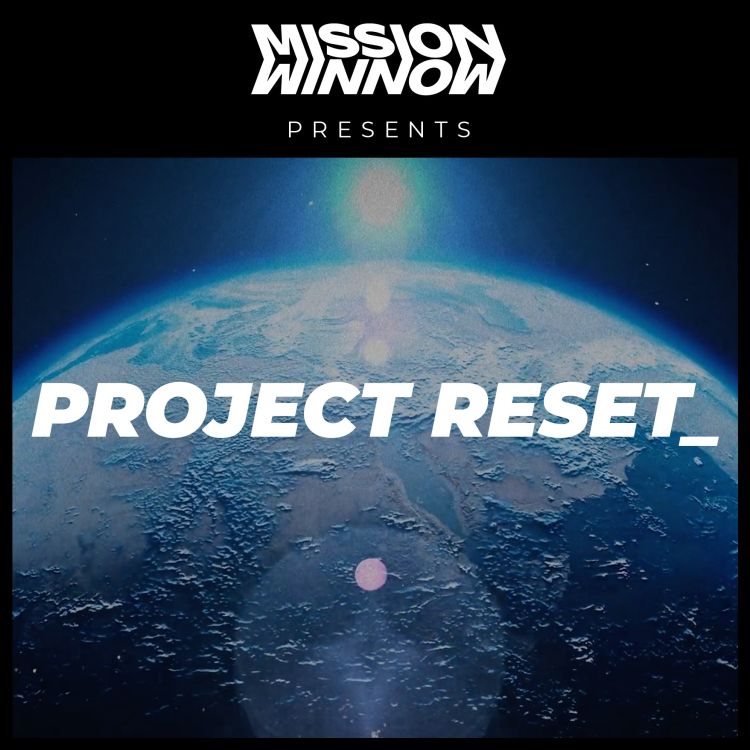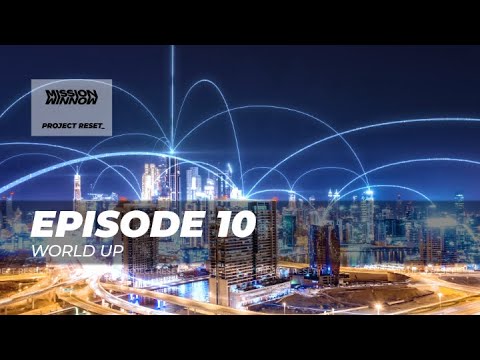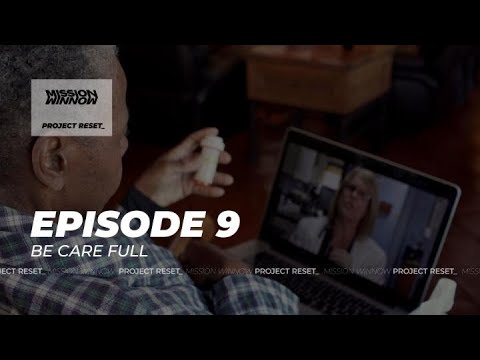World up!
4 minute read
Across our Project Reset series, we have asked what the future could look like if we take these past few months of adversity as an opportunity to make positive changes, tackling everything from healthcare, to social media, mental health, consumerism, sports and entertainment with the help of experts in their field.
It seems that in spite of hardships, Covid has provided a lot of us with a much-needed chance to reevaluate and reimagine our future by giving us the time needed to stop and face the music without distractions and without excuses. Keeping the hottest issues in mind, presenters June Sarpong and Rick Edwards are joined by The Venerable Tenzin Priyadarshi, innovative thinker, philosopher and monk; Tim Harford, economist, writer and broadcaster; Dr. Maggie Aderin-Pocock, scientists and broadcaster; and Kathryn Finney author and entrepreneur, to discuss the most pointed questions that came out of previous episodes.
Something that stood out throughout the series was the inevitability of a digital future as the pandemic worked to accelerate trends that were already visible before. But, can technology be a catalyst for the better? Technology can go both ways, so it will be up to us as a society to decide how and why we use it. It is important to keep in mind that if used correctly, technology can absolutely help us. In fact, technology has enabled us to do more than we have ever thought possible in terms of understanding our reality and connecting with each other.
However, we also need to be careful about the narrative we construct around it. Instead of just looking at technology as something that has the power to fix itself and improve as time goes on, as many often do, perhaps we should consider what goes into this technology during the design phase and who are those responsible for planning and creating it. Nowadays, those individuals are just a small subset of people and, as a result, it’s become increasingly obvious that they’re not really able to take into account all the potential challenges or triumphs of what they are creating. This is not because they don’t want to, but because life experiences are fairly limited.
As we realize this, and strive to change, the future of technology is starting to look more and more like it could truly become a positive force only if we focus on opening up the who. This can be done through conscious and specific actions. AI and algorithms, for instance, have the power to potentially help us get rid of bias and make decisions more transparent and fairer. The important thing is, we have to design things this way and make them openly assessable, understandable and accessible so that we can use them and challenge them, inspiring an open debate. It stands to reason that we should apply to technology the same norms we apply to science, but that isn’t true today. Today, society seems to be applying the norms of alchemy, which value secrecy above all else.
As such, we are now facing fundamental challenges, not only in deciding the who, the what and the why, but also in adapting and regulating our behaviors to match the pace at which technology is evolving. According to The Venerable Tenzin Priyadarsh, emotionally speaking,
human beings are still Paleolithic creatures. Our emotions haven’t really evolved in the last ten to fifteen thousand years, so we have to openly analyze and constantly assess if the intended use of technology ends up really being the use society actually gives it. And if not, course correct.
Social media, for instance, was originally designed with the aim of bringing people closer together and instead, it has generated a divide and an air of extremism that in many places has become concerning. In this case, the Covid pandemic has brought such things to light, which is exactly why this is the right time to start making changes with a clear outcome in mind that is positive and better than what we had before.




